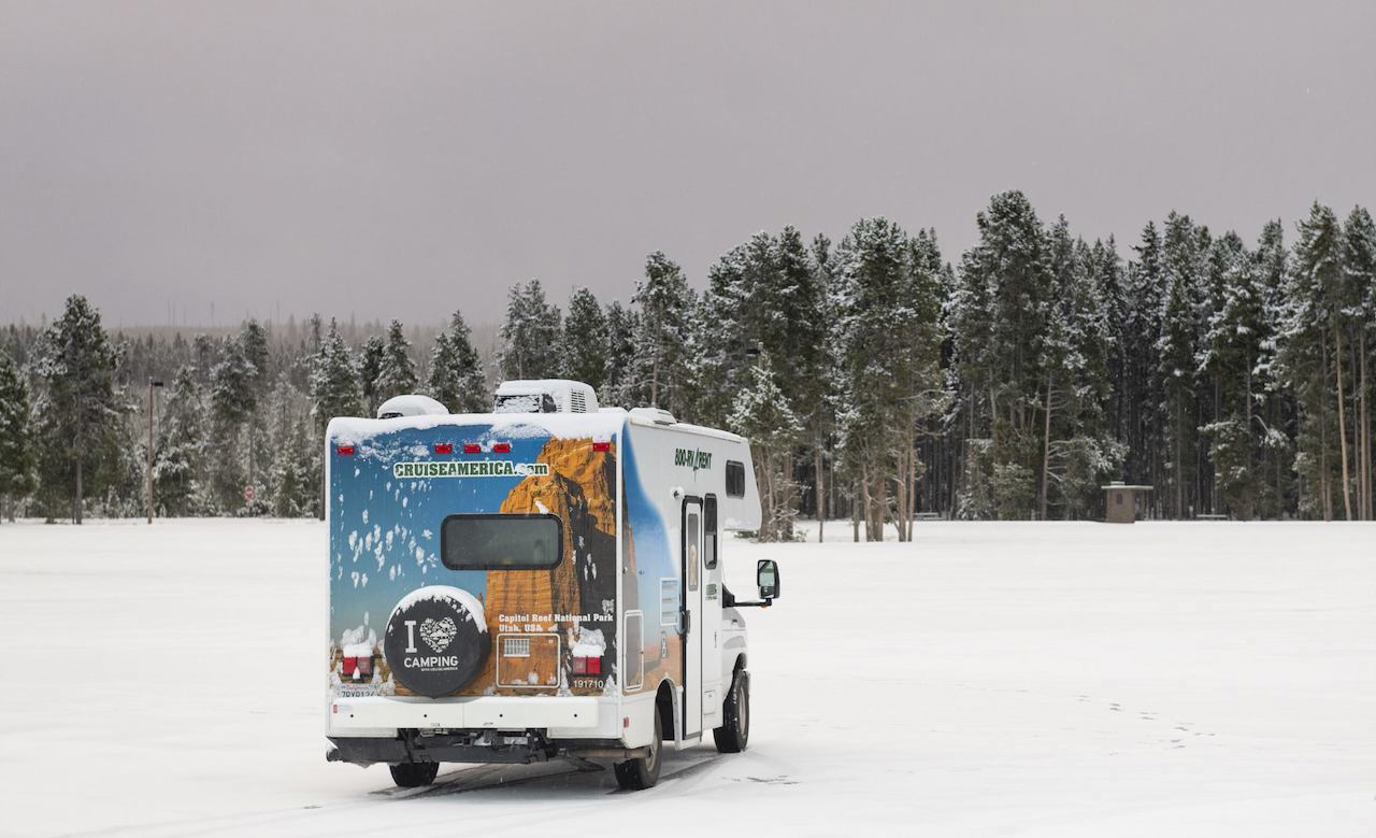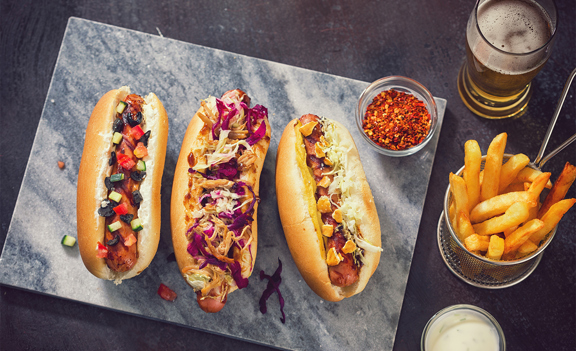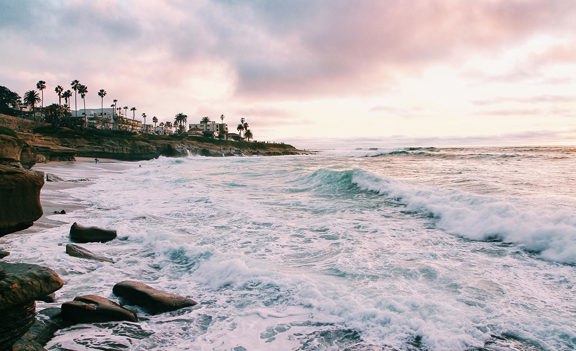
RVing in Canada: Everything You Need To Know
- Road Trip
Being a neighbor of the United States, it’s easy to forget that Canada is indeed a foreign country. A foreign country with stunning stretches of road perfect for road trips, plenty of national parks to explore, and an exceptionally friendly attitude toward the RV lifestyle, but a foreign country nonetheless.
With that in mind, there are several things you should know before hitting the road to go RVing in Canada.
Crossing the Border
Before you can experience RVing in Canada, you have to actually get there. That involves crossing the international border at one of 26 locations, which could be a piece of cake with no hiccups at all or could be a long, frustrating process — everyone’s experience tends to be quite different.
To help things go as smoothly as possible, here are some things you can do ahead of time.
Have proper documentation ready
As you approach the border, have passports, green cards, and any other relevant identification ready for all passengers, including children. Similarly, have your RV’s documentation ready to hand over if necessary, whether that be proof of registration and insurance or your rental documents.
Bring proof of pet vaccinations and ages
With the exception of certified service animals, all pets older than three months must have proof of up-to-date rabies vaccination. If you’re RVing across Canada with a pet younger than three months, you’ll need to provide proof of age.
Know what you can and cannot bring across the border
Canada has extremely strict policies on certain items, such as illegal substances, firearms, and ammunition, and a zero-tolerance policy for violating them. You are technically legally allowed to bring some types of firearms into the country, but only under very specific and thorough specifications. Learn about the types allowed, as well as how many and what you have to do ahead of time, here.
Illegal drugs are an obvious no-no, but one interesting substance that gets a lot of people hung up at the border is marijuana. It is legal throughout Canada, but it is absolutely prohibited to cross the border with it.
There are also very specific restrictions on consumer goods and food items. Some of the most notable include:
- If you have any more than 24 cans of beer, 1.14 liters of liquor, and two 750ml bottles of wine per adult, you’ll be required to pay a hefty fine.
- Several fresh and raw foods have restrictions that aren’t exactly black and white, so you may want to avoid bringing them altogether. These include produce, eggs, meat, and “wet” pet foods.
- No more than 200 cigarettes and 50 cigars are permitted across the border.
- No firewood is allowed into Canada.
Be patient and courteous, and answer all questions truthfully
You may be asked the same question repeatedly or by different border agents. Remember that their job is to protect their country, and their questions are doing just that. Answer their questions as clearly, concisely, and politely as possible.
Research your specific border crossing and plan ahead
With 26 individual border crossing locations, you’ll want to do some research to find the one that makes the most sense for you. You can also use the CanBorder website and app to look up information on specific locations, such as whether one has any unique requirements or is experiencing significant delays.
What Are RV Parks in Canada Like?
If you’re familiar with the RV lifestyle and customs in the United States, you’ll feel right at home RVing in Canada. The country has very similar RV regulations, plus some of the most jaw-dropping scenic drives anywhere in the world. There are a few notable differences between RVing across Canada and the US, however.
- Boondocking is called “wild camping” or “dry camping” in Canada, and while it has the same exact meaning, Canada has more restrictions on where you can pull over to sleep. For example, you can’t sleep overnight at a rest area or in a shopping center parking lot. Official campsites or open-to-all public lands are the only places you can legally sleep while RVing in Canada.
- Alberta specifically requires an annual permit for public land camping.
- Road signs, such as distances and overhead clearance, are displayed in the metric system, not imperial.
- Fuel prices are generally significantly higher in Canada than in the US.
- Full hookups at campsites, even private ones, are not the norm the way they are in America. This is especially true at provincial and national parks.
Go RVing in Canada With Cruise America
We hope this guide helps you feel more prepared to go RVing across Canada. Now, all that’s left to do is get your documentation together, pack carefully, and pick up a Cruise America RV rental from one of nearly 130 North America locations, including several in Canada.





